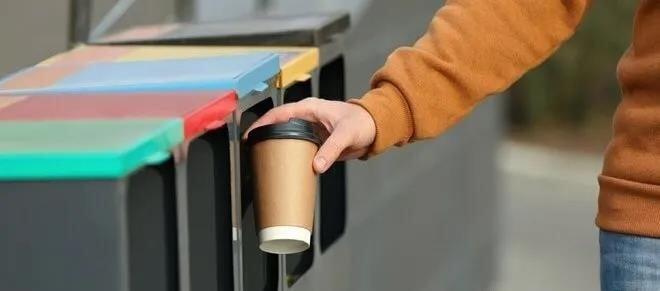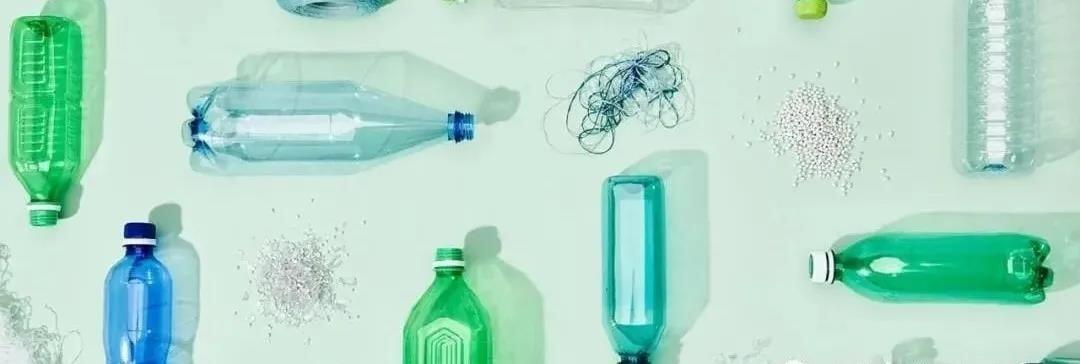The packaging industry As part of the review of Ireland's Circular Economy Bill 2021, the All Party Joint Committee on Environment and Climate Action has proposed clearer targets for the packaging industry and a greater focus on reduction and reuse, which may reflect the policies already in place.
In 2021, Ireland made a number of new commitments to achieve the goal of a "climate-neutral" economy by 2050, including the Waste Action Plan for the Circular Economy (WAPCE) released in September. WAPCE includes plans to ban single-use items, including cotton swabs, cutlery, plates, stirrers, chopsticks, straws, polystyrene containers and oxo-degradable plastic products, from July 2021, as well as a target for "significant reduction" in quantities.

For example, from January 2025, drinks producers will be banned from placing any single-use PET bottle with a capacity of up to 3 liters on the Irish market unless it contains at least 25% recyclable content. Legislation will be tightened in January 2030 so that any SUP bottle not exceeding 3 liters must contain 30% recycled plastic before it can be sold on the Irish market. By January 2023, packaging manufacturers will also be required to cover the cost of cleaning up waste associated with SUP items, including food and beverage containers, packaging, wrapping paper and lightweight tote bags.
Ireland's Waste Action Plan for the Circular Economy (WAPCE) and Roadmap to "Climate Neutral" Goals
1. January 2023 Undertake cleanup and SUP waste costs
2. January 2025 Ban on the sale of single-use PET bottles with a capacity of up to 3 liters in the Irish market (exemption for at least 25% recyclable content)
3. January 2030 Legislation tightened so that SUP bottles of up to 3 liters must contain 30% recycled plastic
4. Achieving the goal of "climate-neutral" economies by 2050
The overall program in the Circular Economy Act 2021 recognizes WAPCE as the focus of the legislation and outlines plans to give the Minister of Circular Economy Strategy the power to tax and ban certain items such as single-use cups. The language and targets used in these plans have since been scrutinized by the Joint Committee on Environment and Climate Action in Ireland in its Pre-Legislative Review of the Circular Economy Bill 2021, submitted in December 2021.
The committee said some of the language used was "too vague," particularly as it relates to the minister's authority to impose bans and taxes. Therefore, the recommendation is to change the wording so that it becomes mandatory for the Minister and future governments to designate targets, not just discretionary recommendations. In addition, the committee favors adding disposable sachets or condiment containers, disposable hotel toiletries and non-medical wipes to the list of prohibited disposable items.
Similarly, the Commission believes that in defining Ireland's circular economy roadmap, greater emphasis should be placed on reduction, with a focus on minimizing resource use and environmental impact throughout the supply chain, as well as reuse and recycling.
Another issue identified by the committee is the need to introduce and ensure accountability for the sectors where the greatest improvements and gains are likely to be made, including packaging. Noting that Ireland has a higher amount of packaging waste per capita than the rest of the EU, the sector was highlighted as a focus of the Circular Economy Bill.
The Commission recognizes that while consumer education is needed, packaging simplification at the manufacturer level is also necessary and effective to improve future recycling rates.
This is supported by research showing that consumers seek convenience when participating in reuse or recycling programs, such as deposit return programs (DRS).
Another recommendation included introducing options for reusable and refillable packaging solutions and offering return and industrial cleaning programs in foodservice and supermarket environments.
Some supermarkets in the UK are already experimenting with similar programs, while France reportedly requires all supermarkets over 400 square meters to allocate 20% of their flood space to reusable and refillable products.
According to the Commission, it welcomes the planned introduction of a state-owned laundry facility in Ireland, provided it is widely available.
The Commission appears to have drawn on a further policy in France, which earlier this month banned certain fruits and vegetables from being sold in plastic packaging and said supermarkets should be required to encourage consumers to reduce packaging waste by offering bulk fruits and vegetables equally or less than the price of pre-packaged bulk items.

On the topic of so-called biodegradable packaging, the committee warned that these packages are often mishandled, continue to contribute to the "disposable economy" model, and can be greenwashed by companies. It therefore emphasizes the need for "strong leadership" to define and legislate viable reusable options for the Irish market.
The Committee also recommends that future revisions to the Circular Economy Act consider addressing the presence of "permanent chemicals" (such as PFAS) in food contact packaging, which are increasingly linked to environmental and human health issues.
Overall, Ireland appears to be joining other European countries in tightening the parameters of accountability and legislation for the packaging industry - not only to meet national goals, but also to align with upcoming EU legislation.

